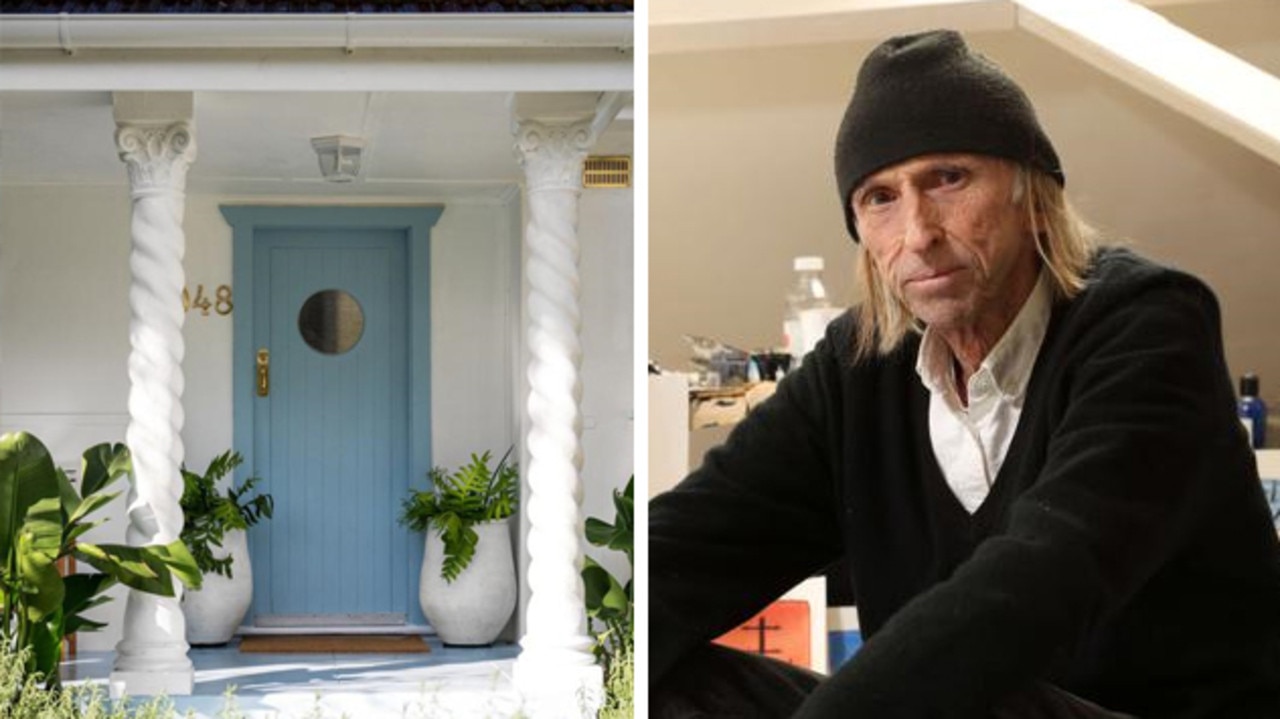Industry slams Greens plan to axe investor tax perks, limit rent rises
A Greens housing proposal has been deemed ‘unwise’ and could create an election issue for the PM, industry figures claim.
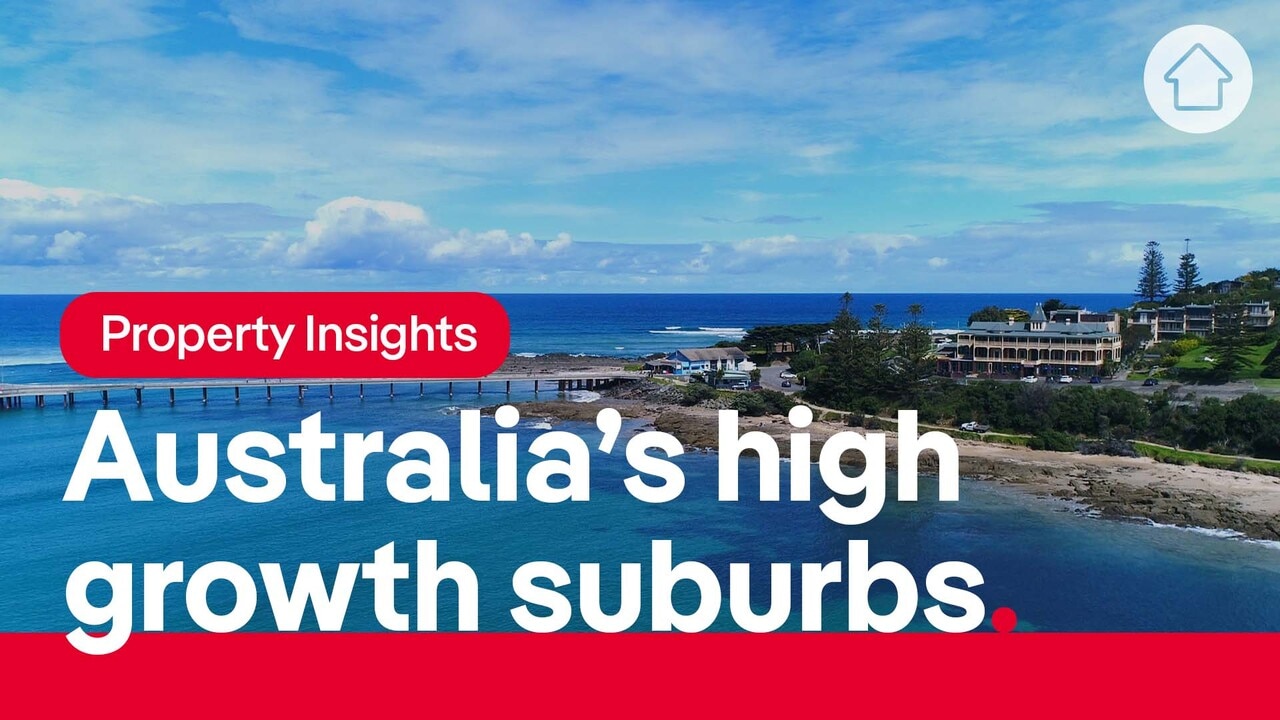
Demands from the Greens for Labor to gut negative gearing and put in place caps on rental rises as a condition of a future coalition could devastate the rental market, lead real estate industry figures claim.
Critics said the two policies together, if implemented, would result in a mass sale of investment properties across Australia that would drive down home prices while also creating an environment conducive to more rent increases, not less.
The rental rises would be the result of a shrinking rental pool at a time of still high migration, with tenant demand likely to remain high even if home prices were to become more accessible.
It has also been argued that restraints on investor activity could further hamper efforts to build more housing as pre-sales to investors often help fund many new housing projects.

The criticisms come as research from the Property Investment Professionals of Australia showed two thirds of landlords across the country relied on negative gearing to keep their rental properties.
Greens leader Adam Bandt said reforms to negative gearing and a proposed cap on rental increases were a “matter of housing life or death” given global uncertainty around the economic impact of Donald Trump’s policies.
Mr Bandt said the Greens planned to keep current negative gearing concessions for those with one property but remove it for those with multiple properties.
He explained on X that the Greens were also in favour of limiting the amount landlords could up the rent and imposing “big fines” for those who refused repairs.
Such proposals from the Greens could be significant after the election as bookmakers have predicted a Labor minority government as currently the most likely outcome of the May election. Polls have, by and large, told a similar story, although Labor has been gaining ground of late.
Prime Minister Anthony Albanese has ruled out doing deals with the Greens but a Labor-Greens coalition may well be on the table if the ALP fails to get the seats needed to form a government.
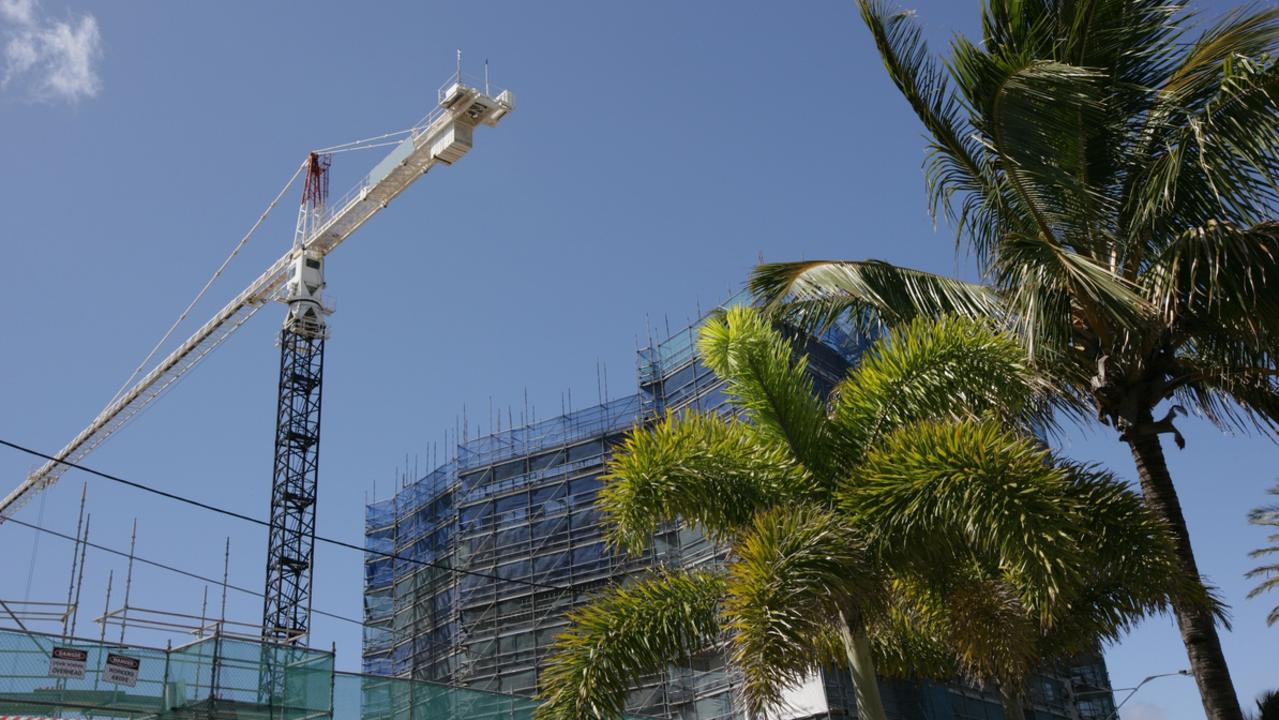
MORE: One key election plan will change everything
Much of the real estate industry has slammed the Greens rental reforms.
A common criticism is that a twin policy of tax reform for investors coupled with a proposed limit to rental increases would make investment property ownership untenable for many landlords.
PROBLEM OF A LANDLORD EXODUS
Property Investment Professionals of Australia chair Nicola McDougall said the current environment for investors needed to be considered when approaching negative gearing.
Many landlords were already selling en masse because of the high costs of holding their properties and this trend would intensify if key investor incentives were removed, she said.
“In the middle of a rental crisis, it would be politically unwise to implement any policies that discourage property investment or encourage even more property investors to exit the market,” Ms McDougall said.
A PIPA investor sentiment survey last year found 14.1 per cent of respondents had sold at least one investment property in the past year – an increase 12.1 per cent from the year prior.
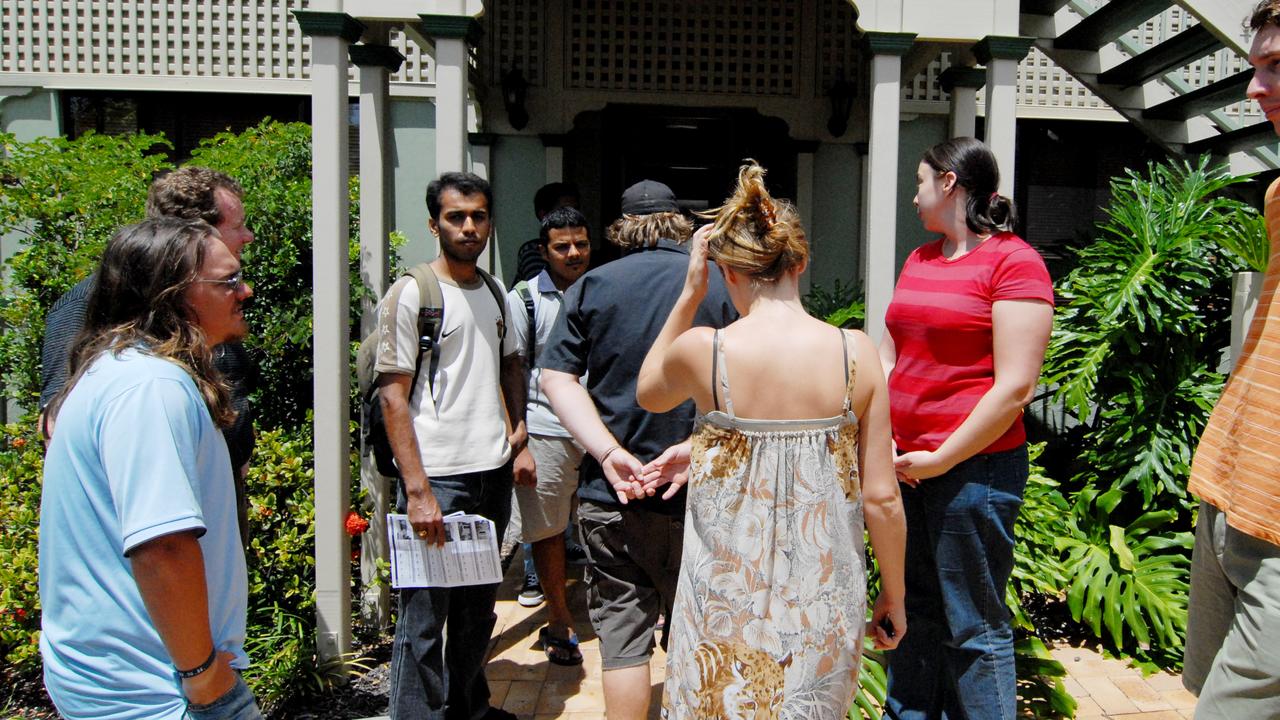
MORE: Aussies to get $5k back amid US tariffs
“These properties were predominantly purchased by homebuyers, which means fewer and fewer rental properties were available to lease by tenants,” Ms McDougall explained.
“Given the continuation of record low vacancy rates around the nation, it is the first Federal Election in many years that neither negative gearing nor Capital Gains Tax have become political footballs.
“That because both major parties recognise that attacking property investors will only make the rental crisis much worse – a fact that the Greens fail to understand.”
RENT RISES OF ‘7-12 PER CENT’
Real Estate Institute of Australia president Leanne Pilkington said the Greens’ campaign against negative gearing and rental rises could have unintended consequences if implemented.
“Disincentivising investment into housing for mum and dad investors will just make a bad situation worse,” Ms Pilkington said.
“Adam Bandt’s agenda continues to exacerbate Australia’s housing issues. With over 2.2 million family investors supplying 97 per cent of rentals, they are part of the solution, not the problem.”
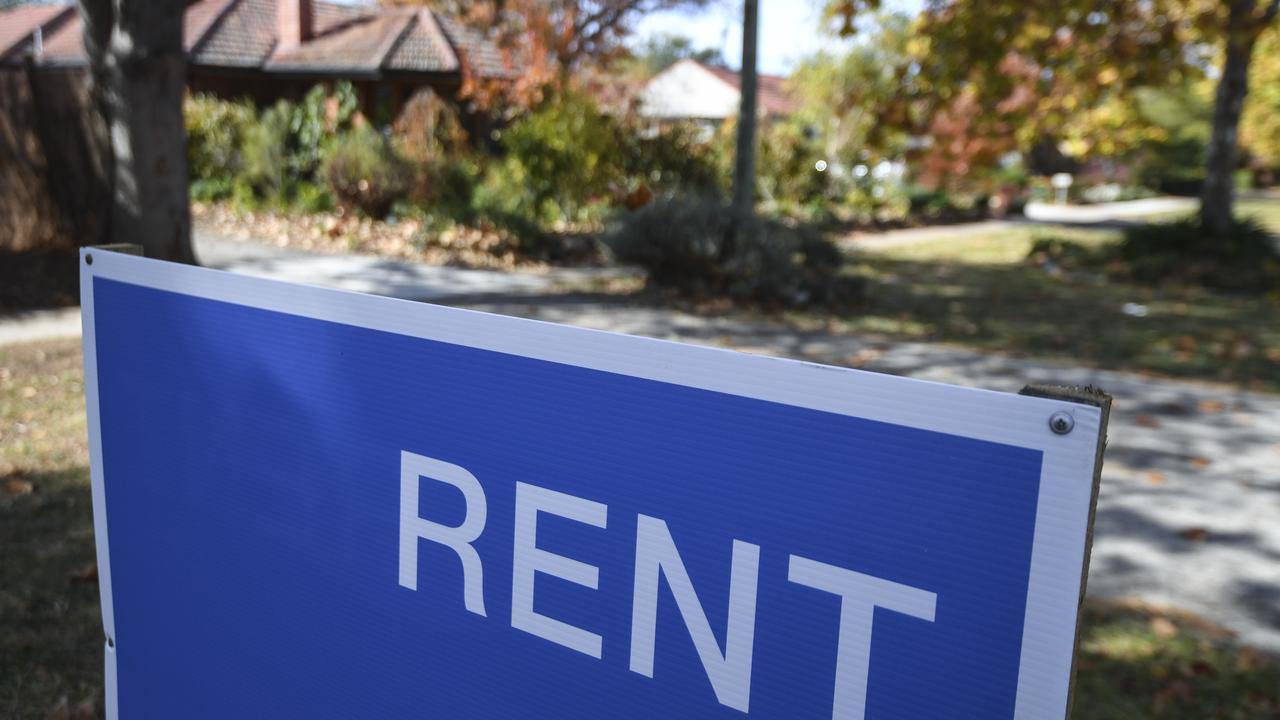
Ms Pilkington highlighted that around 70 per cent of rental property owners hold only one negatively geared property, and any move to restrict these tax settings would have broad consequences.
“The most concerning repercussion of disincentivising investment is the reduction of supply, which could lead to rent increases of up to seven to 12 per cent,” she said.
Ms Pilkington also pointed to broader flow-on effects, including a reduction in housing turnover, fewer listings, and a slowdown in new building commencements.
The impact on construction could be particularly devastating given that developers often relied on investors for a large share of the pre-sales that often fund their projects.
“Housing turnover could fall by another 15 per cent, while up to 42,000 new dwellings may never be built,” Ms Pilkington said.
She said she was hopeful the Labor Party would honour its previous commitments to leave negative gearing alone.
MORE: ‘Govt oppression’: man fined $50k for not mowing lawn

“In the House of Representatives Question Time on 11 February, the Government confirmed that it would not make any changes to negative gearing and CGT if re-elected,” Ms Pilkington said.
“If there is any intention to move away from this position, Labor needs to be transparent with voters in advance of the election.”
Greens housing spokesman Max Chandler-Mather took to X this week to explain his party’s view of housing.
“The PM and Peter Dutton got to buy a secure home at a price they could actually afford. All the Greens are saying is that young people today deserve the same opportunity.”
Originally published as Industry slams Greens plan to axe investor tax perks, limit rent rises



